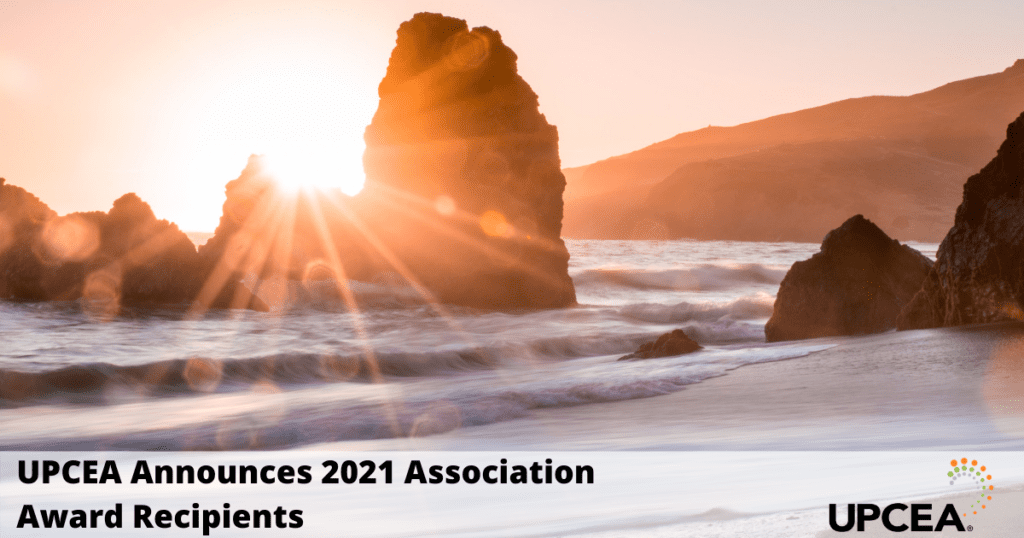The Missing Majority: Strategies for Re-engaging Men in Online and Professional Continuing Education
For decades, the narrative in higher education has focused on expanding access. While we have made incredible strides in many areas, a quiet but profound crisis has emerged: the vanishing male student. Across the UPCEA membership, from large public land-grants to private institutions, the data is undeniable. Nationally, women now outnumber men by approximately 60%…
As my retirement last year eases into a stage of semi-retirement or what some have labeled as “micro-retirement,” I have had eight months of reflection on my nearly four decades of doing research. After a few months of total abstention, I could no longer keep myself away from the higher education field that I so loved. I slowly eased myself back in by…
Information and knowledge are growing at an accelerating rate. As we usher graduates out of college, much of their knowledge is useless, already out of date. On Medium, Futurist Jim Carroll writes “In 1900, knowledge doubled approximately every 100 years. By 1945, this rate accelerated to every 25 years, and by 1982, it was every…
When I make presentations about AI, I am most often asked, “What can I do now to ensure that AI doesn’t take my job?” And, that’s a challenge to answer. We do not know just how, and how quickly, AI will roll out. However, a Gallup Poll released last week showed nearly one-quarter of American…
Policy Matters | American Rescue Plan Act Passes – Includes Significant Relief Dollars to Higher Education (March 2021)
Major Updates American Rescue Plan Act Passes – Includes Significant Relief Dollars to Higher Education The most recent COVID relief bill, one of America’s largest in terms of dollars spent ($1.9 trillion), and Joe Biden’s first major legislation as President, provided a marked increase in funding to colleges and universities compared to previous bills. While…
Plan to join us in-person for 2022 events!
I’m pleased to share with you some exciting news: UPCEA’s industry-leading events will be back live and in-person in April 2022! Even better, we are combining the Annual Conference and the Summit for Online Leadership and Administration + Roundtable (SOLA+R), hosting both events in Orlando, FL, at Disney’s Coronado Springs April 11-14, 2022. For the…
Survey: About Half of Faculty are More Positive About Online Learning Today Than Pre-Pandemic, And Expect to Keep New Teaching Techniques and Digital Materials in Place Post-Pandemic
The Third Digital Learning Pulse Survey, Conducted by Bay View Analytics on Behalf of OLC, WCET, UPCEA, CDLRA and Cengage, Looks at How Higher Education is Changing in the Wake of COVID-19 March 24, 2021—As the pandemic has moved U.S. higher education online, half of faculty (51 percent) are more positive about online learning today…
UPCEA Announces 2021 Association Award Recipients
7 Individuals Receive Association’s Highest Honors WASHINGTON, March 2, 2021 – UPCEA, the leader in professional, continuing, and online education, has announced the recipients of the 2021 Association Awards. The UPCEA Association Awards program includes recognition of both individual and institutional achievement across the UPCEA membership. Since 1953, UPCEA has recognized its members’…
The tagline for Convergence, Credential Innovation in Higher Education, raises two important questions: First, what kind of credentials are we talking about? Is the scope of credentials unlimited, blue sky, or confined to incremental changes on the margins of the status quo? And second, who is leading that innovation, and what do they need to…
We are pleased to share the foreword by UPCEA CEO Bob Hansen from the newly released Chief Online Learning Officers’ Guidebook: A Framework for Strategy and Practice in Higher Education. The guidebook, now available from Routledge in paperback, hardback, and eBook formats, provides a comprehensive framework for today’s online learning leaders. Learn more and purchase…
Community colleges play a vital role in helping learners access affordable education and career-ready training. Students can earn credentials that lead to meaningful jobs quickly, especially in healthcare. Yet for many, financial stress and unmet basic needs make it difficult to enroll or stay enrolled. These barriers often weigh heaviest on part-time, nontraditional, first-generation, and low-income…
The student journey has changed — and expectations are rising. Students today are moving faster, arriving more informed, and expecting experiences that feel responsive and personalized. Research behaviors are shifting, and AI is increasingly shaping how prospective students discover and evaluate programs. The path to enrollment is becoming more complex and more personalized, and students…

